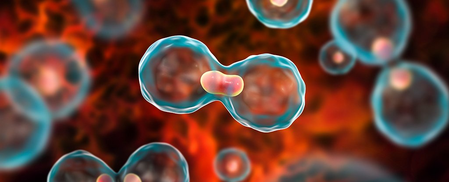New Delhi, April 16 (IANS) Monitoring blood levels of DNA fragments shed by dying tumour cells may accurately predict cancer recurrence, according to a new study.
Researchers at New York University-Langone Health, US, focussed on nearly 600 men and women from Europe, North America, and Australia, with stage III melanoma -- among the most aggressive forms of skin cancer.
The study showed that approximately 80 per cent of skin cancer patients with detectable levels of circulating tumour DNA (ctDNA), before they started treatment to suppress their tumours, went on to experience recurrence.
The disease was also found to return more than four times faster in this group than in those with no detectable levels of the biomarker, and the higher their levels, the faster the cancer returned.
"Our findings suggest that circulating tumour DNA tests could help oncologists identify which melanoma patients are most likely to respond well to therapy," said study lead author Mahrukh Syeda, a research scientist at NYU Grossman School of Medicine.
"In the future, such assessments may be used routinely in the clinic to help guide treatment decisions," added Syeda.
In the study, published in the journal The Lancet Oncology, the team also found that nearly all of those with detectable levels of ctDNA at three, six, nine, or 12 months into treatment experienced melanoma recurrence.
As a result, the researchers said, if the gene fragments are not observable prior to therapy but appear later on, this could indicate that the disease might be worsening.
Syeda said that the ctDNA method works by focusing on the most common mutations in the genetic code in melanoma cells.
The mutated DNA spills into surrounding blood as the cells break down.
Further, the team showed that assessing ctDNA levels were as good or better at predicting recurrence than other experimental tests that examine a tumour itself, such as those that measure immune activity within a group of cancer cells.
--IANS
rvt/












